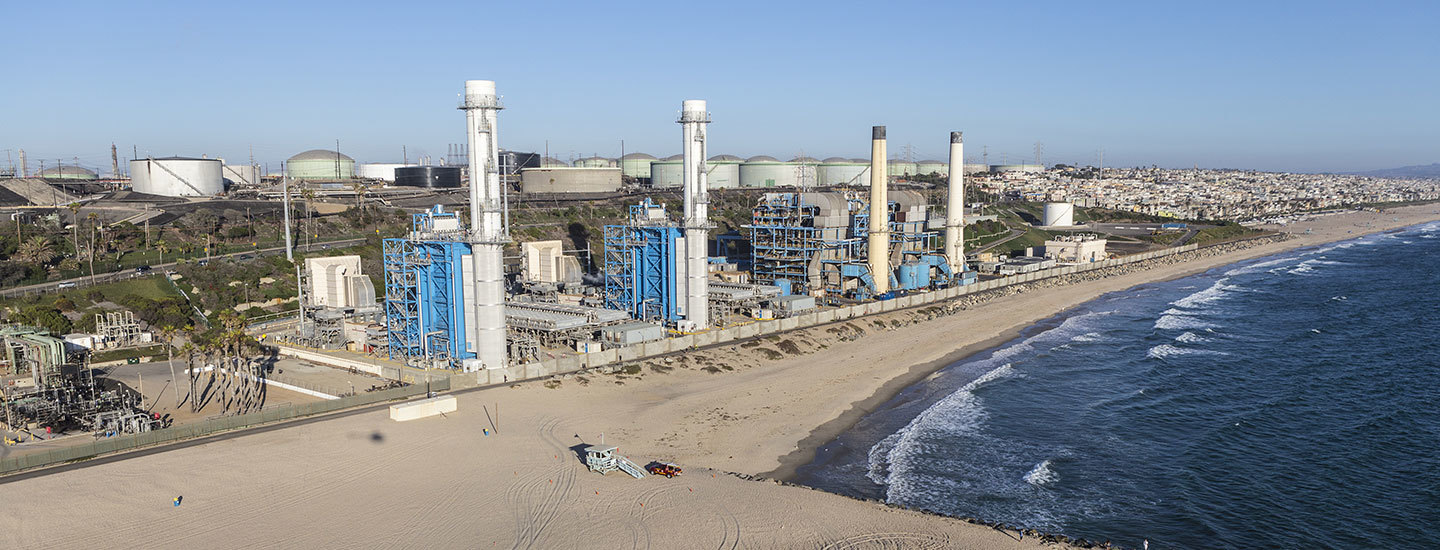
07.26.22
Surfrider Submits Comments in Support of Supplemental Environmental Projects
By Staley PromThe Surfrider Foundation, along with Conservation Law Foundation (CLF) and the Sierra Club, represented pro-bono by Democracy Forward, has submitted comments in support of the U.S. Department of Justice’s Interim Final Rule on Supplemental Environmental Projects (SEPs) and the Related Attorney General’s guidance. The AG’s guidance memorandum outlines its approach to settlement agreements involving payments to non-governmental parties that may be used to carry out SEPs. SEPs are environmentally beneficial projects that a defendant polluter agrees will be carried out in an affected community as part of a settlement of an enforcement action. Surfrider strongly supports DOJ’s policy which rescinds the prior Administration’s prohibition on including SEPs in settlements between DOJ and polluters, and which will once again allow SEPs to address harms to impacted communities. As the AG’s guidance memorandum provides, “when used appropriately, these agreements allow the government to more fully compensate victims, remedy harm, and punish and deter future violations.” SEPs are particularly powerful tools for advancing environmental justice, helping to alleviate environmental impacts such as air and water pollution in communities most impacted by pollution. Among the most important beneficiaries of SEPs are low income and minority communities that disproportionately bear the worst effects of pollution.
The groups’ comments cited roughly a dozen examples of SEPs that have helped to remedy harms to communities directly affected by environmental violations, and further commented that DOJ should update its guidance to ensure those impacted communities have a role in proposing SEPs. Referenced examples of SEPs included: (1) After EPA brought an action against a corporation for illegal stormwater discharges that included waste from industrial processes (e.g., plastic resin pellets, oil and grease, and scrap metal), which ultimately entered the Pacific Ocean, as one part of a settlement, the company agreed to a SEP to complete five beach clean-up projects and to conduct oyster and other marine life recovery projects that would repair the native habitat and improve the ecological and economic benefits of the local estuarine ecosystem; and (2) After another EPA lawsuit against a polluter who discharged pollutants that ultimately reached the San Pablo Bay in California, as part of a settlement, the defendant agreed to fund a stream restoration project in the affected tributary. The project maintained and restored native vegetation harmed by defendant’s pollution.
In December 2020, Surfrider filed a lawsuit alongside CLF, again represented by Democracy Forward, challenging the prior administration’s prohibition on SEPs. Additionally, in June, 2021 Surfrider, CLF, and Sierra Club, represented by Democracy Forward, filed a petition to the DOJ Environment and Natural Resources Division for a new rulemaking in order to revise regulations, making it clear SEPs may be used again in government settlements with polluters. DOJ’s latest action responds to this request.